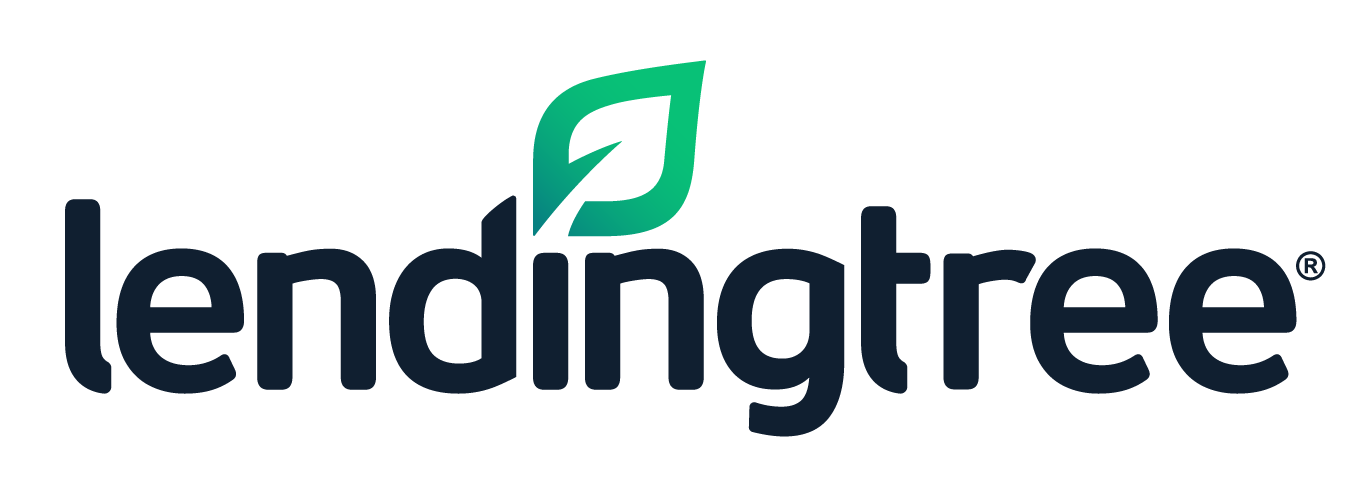They mean well, our parents and grandparents, even when they’re being annoying. Like when they ask why, exactly, we’re still single at 32 or remind us again to bring a jacket.
But sometimes, that everlasting protective instinct doesn’t translate into good advice in the real, contemporary world — because it’s based on outdated intel.
That’s definitely the case in real estate.
Not your parent’s housing market
It’s a newsflash to no one, but a lot has changed since the baby boomers were becoming homeowners.
For one thing, the housing market was such that almost half of them were able to buy their first homes between the ages of 25 and 34, according to the Berkeley Economic Review. The median price of homes sold in the second quarter of 1975 was $39,000, per the Federal Reserve Bank of St. Louis. The median family income was $13,720, per Census data.
Adjusted for inflation, that translates to homes selling for just over $198,000 in today’s dollars, with the median family income coming out to just under $70,000. In 2021, on the other hand, the average home sells for $374,900, while the median family income rests just under $80,000 — a jump, yes, but not one exponential enough to keep up with the cost of housing.
Still, it is possible for millennials and other young buyers to become homeowners, even if there are more obstacles. They may mean well, but here are four myths about home purchases that your parents are just plain wrong about.
1. You have to get out there on the ground to look for listings
In the 70’s, driving around the neighborhood and keeping your eyes peeled for “For Sale” signs was one of the best ways to find your dream home. It’s still true that physically exploring a neighborhood can be fruitful (and give you a real feel for what the area is like). But thanks to modern technology, and especially since the coronavirus pandemic descended, so much of home shopping can be done online.
Thanks to the filters you can set on websites like Zillow and Trulia, you can narrow your search to homes that fit all of your musts and are also within your price range. That’s a way more targeted approach than driving around and collecting flyers.
2. You have to have a huge down payment saved
Traditional wisdom has it that you need at least 20% of a home purchase price saved up for a down payment. In fact, according to a recent survey, 48% of respondents said they were afraid they’d never own their own home — and down payments rang in as the biggest barrier to entry.
It’s true that some lenders may require a hefty down payment — and in most cases, you’ll need to tack on private mortgage insurance (PMI) if your down payment doesn’t meet a certain minimum (often 20%). But these days, many mortgage programs offer down payment minimums as low as 3.5%, especially government-backed options like FHA loans. Even on a $234,000 home, that percentage translates to just over $8,000. It’s not nothing, but it’s a whole lot more doable than the almost $47,000 required for 20%.
3. You can’t afford a fixer.
Sarah Bandy, a licensed real estate salesperson who’s been in the business for 15 years, says that one of the most pernicious myths she hears is this: With home costs so high, fixers are out of reach since buyers can’t afford renovations.
Never fear: “203(k) loans to the rescue,” she says. Actually, technically a type of mortgage insurance, a 203(k) can help cover the funds it takes to rehabilitate eligible homes — which also gives you the opportunity to customize your new digs.
4. You’d better find your dream home, because you’re going to be there forever
Many mortgages play out on a 30-year term — a term that, Bandy says, most boomers actually lived out in their first homes. “It was a different time,” she said. “You just got married, had kids, you lived in that house forever.”
But today’s buyers are staying in homes for shorter and shorter periods, she says. With younger generations delaying life milestones like marriage and parenthood and the proliferation of online work, today’s young buyers have more freedom — which is perhaps why they’re more apt to pick up and move even after the big closing, hypothesizes Bandy.
After all, in a housing market like this, it’s usually not that tough to sell, and first-time homebuyer programs can make it relatively accessible to buy a starter home that can give you leverage for later purchases. So if it’s not literally your dream house, take heart: You’ll probably get another opportunity.
While buying a home is definitely a big decision and a major money move, it can also be a way to build wealth and establish roots. So don’t let your parents’ misconceptions keep you from your homeownership dream, if you do dream of it. (Besides: goodness knows they’re going to ask why you still don’t own a house next Thanksgiving.)









